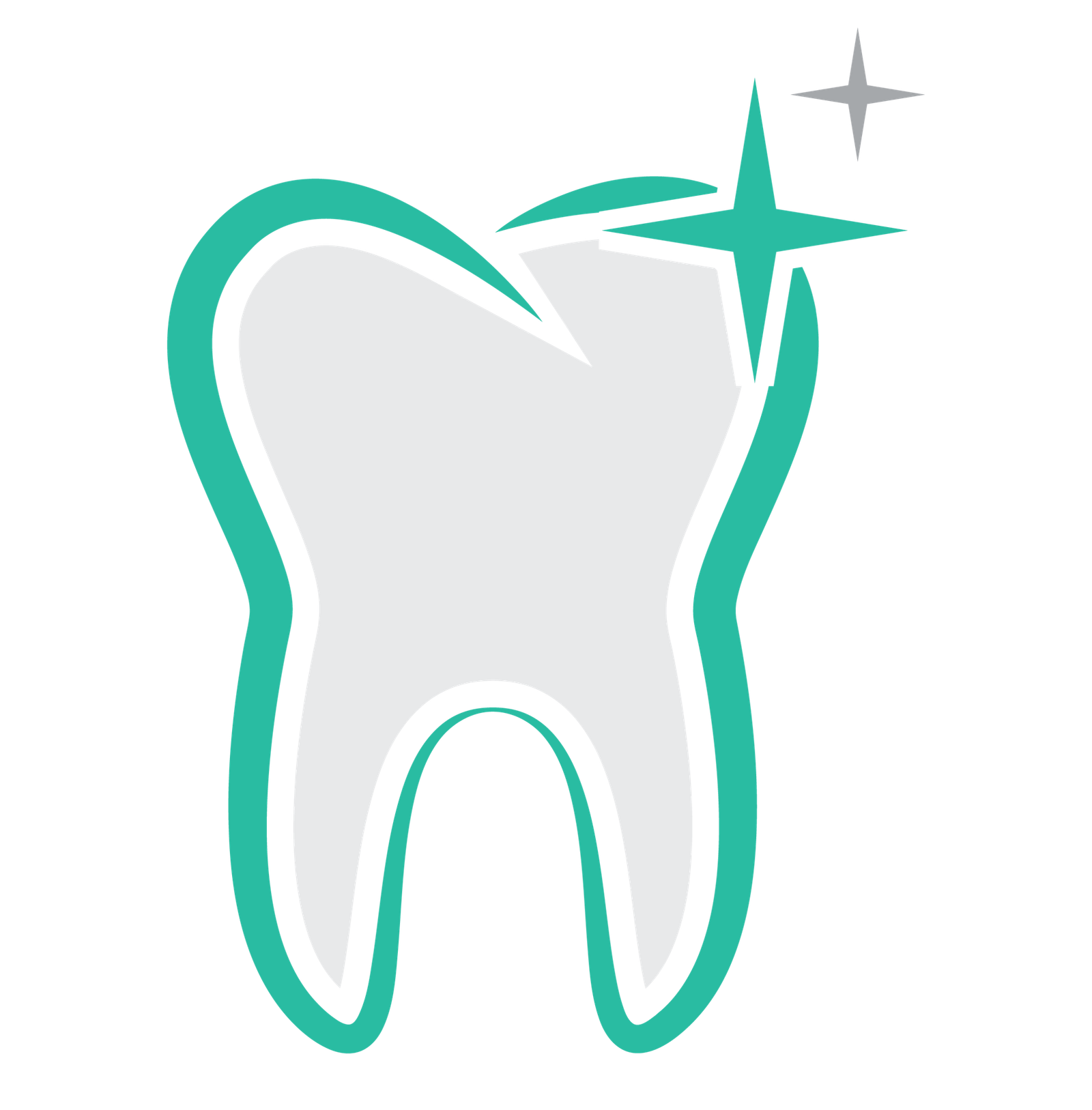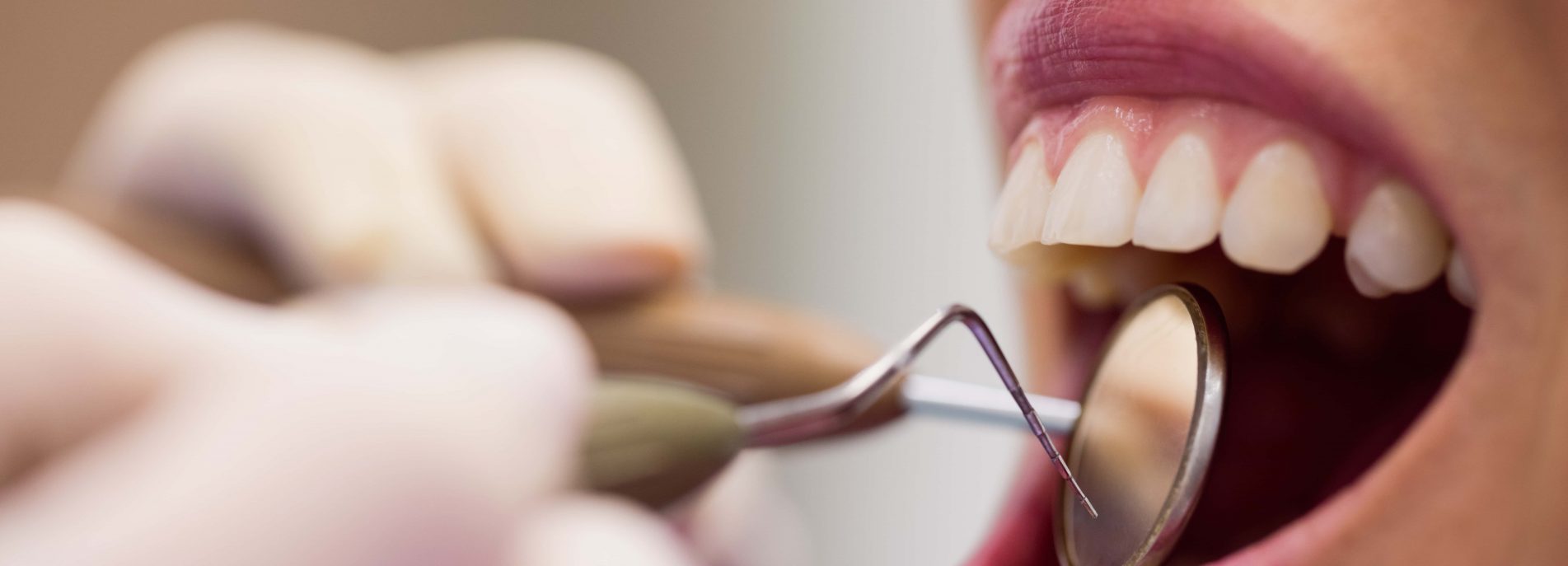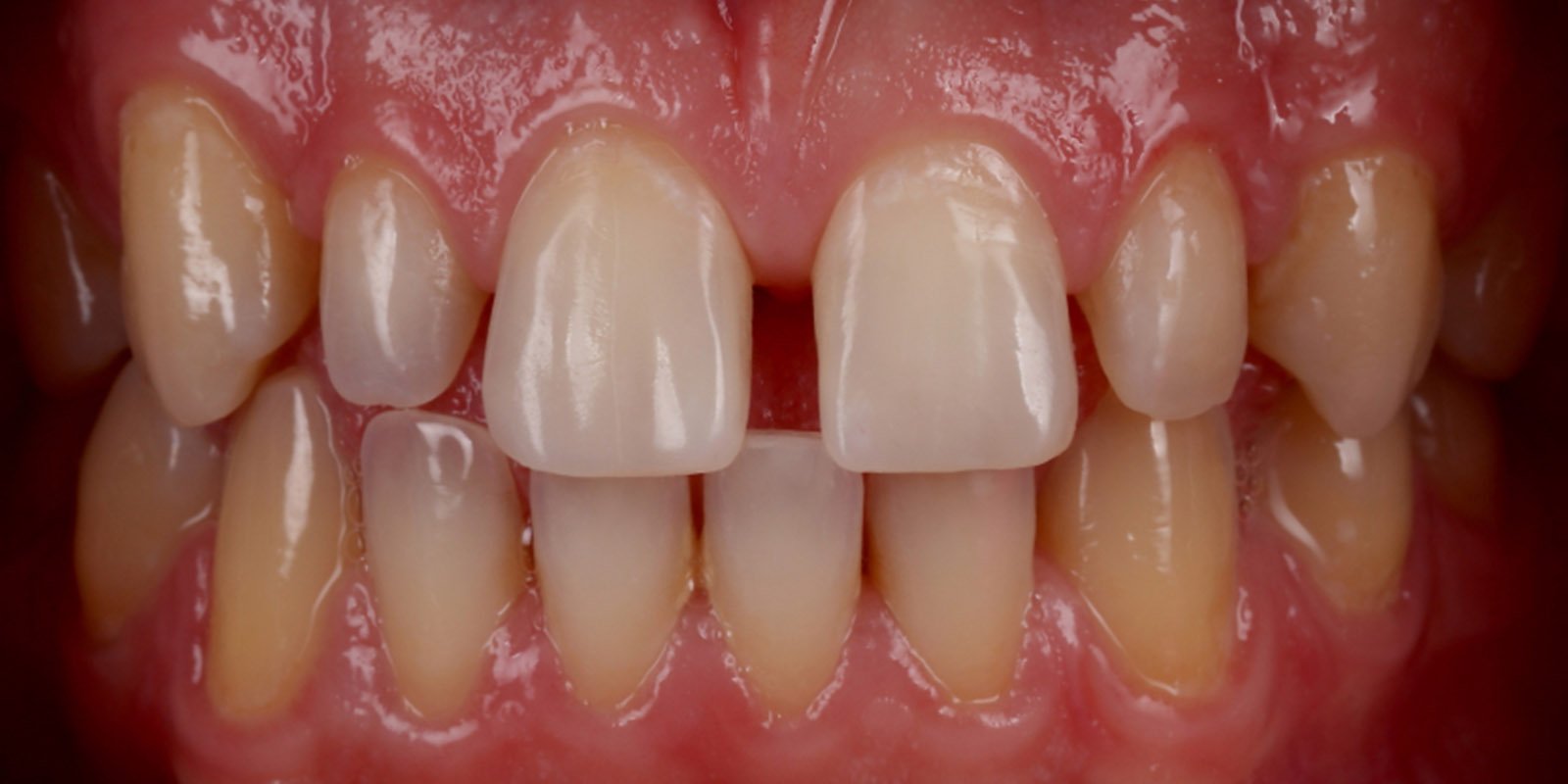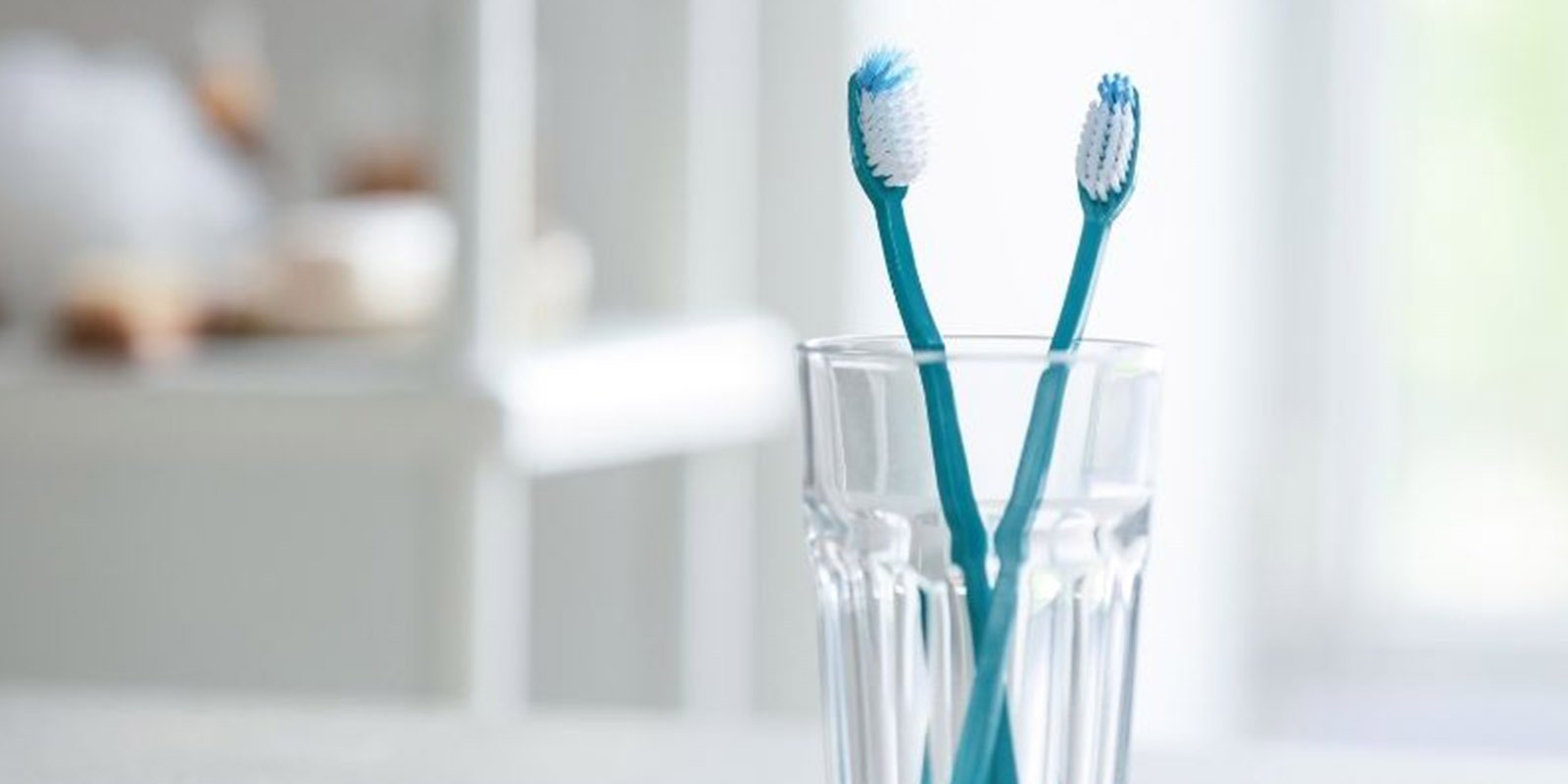What is oral cancer?
Cancer is defined as an uncontrolled growth of cells without any differentiation. Oral cancer includes cancers that occur at any part of the mouth and throat. It can affect the lips, tongue, gums, cheek, the floor of the mouth, hard and soft palate. Oral cancer is one of the most common cancers in India. It is more frequently diagnosed in men as compared to women. It can be caused by a variety of reasons and can lead to adverse outcomes if not treated properly on time.
Causes of oral cancer
- Smoking and tobacco consumption- Tobacco consumption is known as the major factor for causing cancers of the mouth, throat, and lungs. Tobacco use includes smoking cigarettes, pipes, cigars, and chewing tobacco. It has been found that smokers are at a ten times higher risk of getting oral cancer compared to nonsmokers.
- Excessive alcohol consumption- High consumption of alcohol also increases the risk of oral cancer. Consumption of alcohol along with cigarettes and tobacco increases the risk even more.
- Family history of oral cancer- Oral cancer can be genetically inherited. People with a family history of oral cancer or consumption of alcohol and tobacco are more susceptible to being diagnosed with oral cancer.
- Human papillomavirus (HPV)- Infections with certain strains of HPV are proven to be risk factors of oral cancer. This is more common with people having a history of multiple sex partners (including oral sex).
- Poor diet- Poor nutrition and an unbalanced diet is linked with cancers of the mouth and oropharynx.
- Gender- Twice as many men are more prone to oral cancer as compared to women. This might be because more men are involved in smoking and tobacco consumption as compared to women.
Symptoms of oral cancer
The symptoms of oral cancer are not easy to spot in the early stage. Therefore, it is advisable to visit the dentist for regular check-ups. Moreover, keep a check on the following symptoms for early detection-
- Difficulty in chewing and swallowing food.
- Discomfort in speaking and moving the jaw.
- Sore in lips, gums, or inside the mouth that do not heal and bleed easily.
- Lump in the mouth, neck, or cheek.
- Patches in the mouth.
- Unexplained numbness in any part of the mouth.
- Sore throat or change in voice.
- Swelling of the jaw.
- Difficulty in wearing dentures.
- Pain in the ear.
Diagnosis of oral cancer
Oral cancer can be detected by the following methods-
- Physical Examination- Initially the dentist physically examines the top and floor of the mouth, back of throat, tongue, and lymph nodes.
- Biopsy- If the doctor finds any lumps or lesions, he will perform tissue biopsy for the histopathological study of the tissue.
- X-rays- X-rays to detect if cancerous cells have spread to the internal organs also.
- MRI scan to determine the stage of cancer.
Treatment of Oral Cancer
Treatment of oral cancer varies according to the location, type, and stage of cancer. Treatment of oral cancer involves the following methods-
- Surgery- Treatment at an early stage includes surgery. Tumors are removed by surgery to prevent the further spread of cancerous cells.
- Radiation therapy- Tumor cells are irradicated by lethal doses of radiation, taking care to protect the surrounding normal cells.
- Chemotherapy- Chemotherapy is a treatment that involves the usage of chemotherapeutic drugs for killing cancerous cells. Chemotherapy can also result in some side effects such as hair loss, and anemia.
- Targeted therapy- In targeted therapy, the drugs bind to the specific protein sites of cancer cells and hinder their growth.
Maintaining oral health during treatment
Maintaining oral health during cancer treatment is vital for ongoing treatment and speedy recovery. Here are some dental hygiene tips that every individual should follow during cancer treatment.
- Brushing and flossing regularly- Brush your teeth regularly with a soft-bristled toothbrush gently. Be careful while brushing as a hard application while brushing can interfere with cancerous sore or lump causing pain and discomfort.
- Avoid alcohol and tobacco consumption- Strictly avoid the consumption of alcohol and tobacco products once you get diagnosed. They can increase infection and may also result in fatal outcomes.
- Avoid extreme flavors in your diet- Your mouth might become taste sensitive during the treatment. Avoid eating extremely spicy, salty, hot, cold, and acidic food items. Extreme flavors can interfere with lesions and can even result in infection.
- Nutrition and balanced food- Include nutrients-enriched food in your diet. It helps to improve dental health and expedite the recovery procedure.
Dental health problems can occur at any stage of life. Regular dental checkups from a highly qualified dentist and good dental habits can help to prevent these dental problems.
Get your dental consultation from highly professional and qualified dental experts at North Delhi Dental Clinic.





